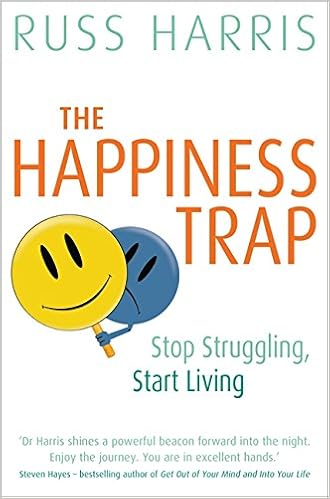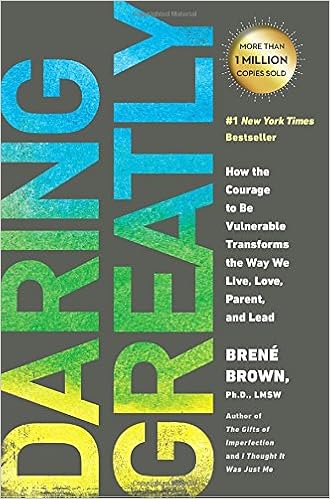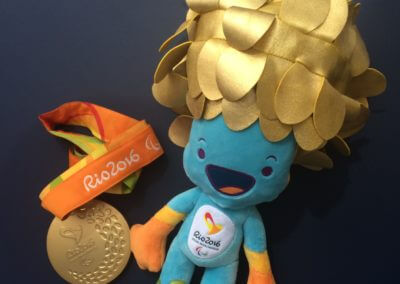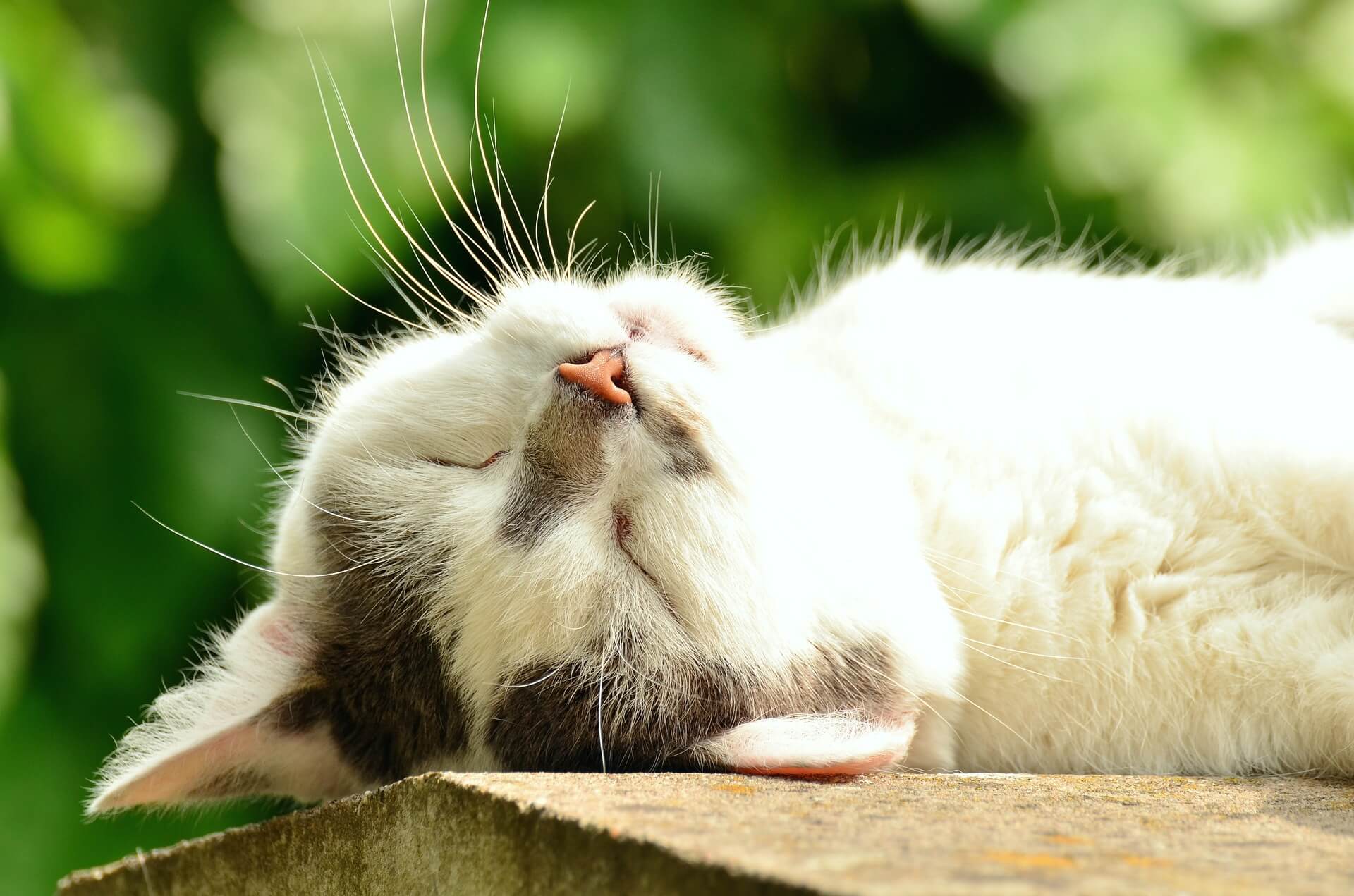My GP recommended yoga…Now what?!
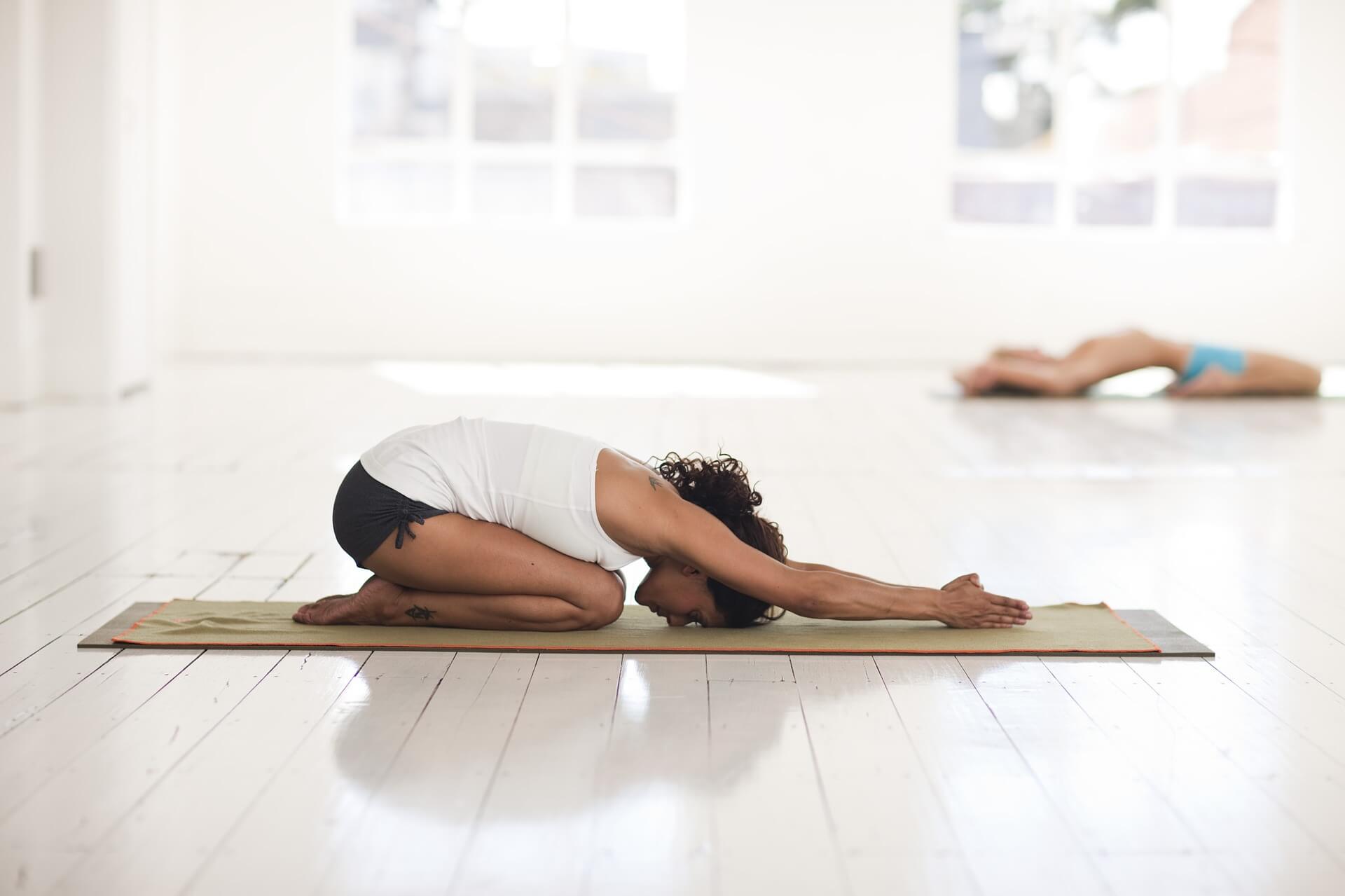
ACT Aligned Yoga: Committed Action 6 Week Workshop
Saturdays, 9:15am – 10-:30am, 25 August – 29 September 2018
At the Brisbane ACT Centre
When we have been through something that causes us discomfort or pain, whether it’s a stressful work environment, or a serious life change or loss, it’s healthy to find support to get through it. Recovery is an active process and it’s supported both from seeking help from others, and also engaging your own skills and self-care. Everyday more research is showing the multi-faceted benefits of yoga, leading to more GPs and health professionals recommending it. Incorporating a deliberate yoga practice into your weekly routine, can help you practice the tools to increased awareness at other times when life throws “reality” at you. Before you can start gaining the common benefits of yoga like better posture, improved focus, a more relaxed parasympathetic nervous system, reduced muscle tension and increased self-awareness, you need to find out where to start.
As a seasoned yoga student, I’ve moved across countries and then across an ocean and between states, and know all too well the difficulty in finding the right class. I’ve also had the experience of coming to yoga young and supple, and returning stiff and disheartened post traumatic-injury. I often felt yoga was inaccessible, too hard, or even competitive. That starting point with a new class, like any new skill or recovery process, can feel awkward and full of anxiety and questions for many reasons. Why not just do something different? If it feels so hard to get started, is it even worth trying? Will it really add much to my life?
Ideally yoga helps you work on connecting your body and mind to increase both physical and psychological flexibility. When you find the right class, yoga can be a safe place to explore how nutritious movement (and often breath work) can help fuel your brain as well as your body. Before we even start something new, we are already going into it with our beliefs and experiences from the past and expectations for the future. Thinking about what you want and your expectations can be a helpful start to dealing with the anxiety and take action to find a good class.
Once you have an idea of what you are after, ask questions and talk to the teachers. Some great questions include asking about the level of the class and experience required, what type of yoga the class works with (and what that means), and sometimes the class size can be something to consider, especially if you are newer to yoga. Giving yourself the time to understand and explain what you want will usually help you be more confident in finding the right class. If you still have questions, it might be time to ask yourself what’s holding you back or if you are letting your mind give you an excuse. Otherwise, it might just be time to give it a go and see for yourself!
ACT-inspired yoga allows you to provide a deliberate practice in self-compassion, mindfulness, letting go of pain and be OK with uncomfortable feelings through using movement and breath. We have one body, one mind, and countless thoughts. Awaken your body and senses while increasing compassion and vitality through ACT-inspired yoga.

